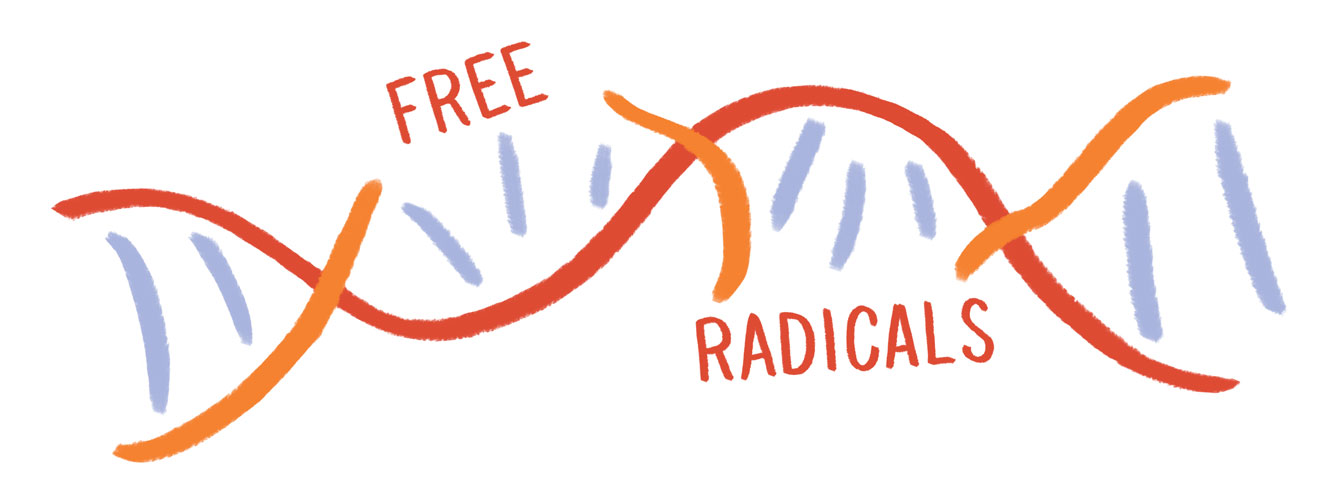
Image shows LAPD situation room with logos of tech companies that have profited off of the LAPD emblazoned on monitors.
This piece is cross-posted by Stop LAPD Spying Coalition on Medium here.
In the wake of nationwide rebellions against police violence, tech companies and their workers are claiming to be in solidarity with the Black community by “pausing” the development of surveillance technologies. Some employees of tech companies like Microsoft are even going one step further and demanding the end of all police department contracts. These companies and employees, however, fall short of understanding that their contribution to police violence doesn’t end with the development of new high-tech surveillance tools or current police contracts. Microsoft, for example, has been actively facilitating a Stalker State that creates conditions on the ground that lead to the death of Black, Brown, and poor people. Here in Los Angeles, Microsoft sells technological infrastructure to the Los Angeles Police Department (LAPD) that centralizes and expedites data collection, storage, sharing, and analysis to criminalize people and places. This infrastructure modernizes the historic practice of policing poverty, race, and suspect bodies. Microsoft currently stands to make at least $1.7 million in new profit off of this policing, based on the proposed 2020–2021 budget. This is not a new or solely local phenomenon; Microsoft, as well as Amazon, IBM, and many others have a long history of investment in and profit from such technologies locally and abroad. Technology is never neutral, and tech workers must demand that their companies end their complicity in current police violence and be held accountable for past harm.
Police violence against Black communities is not only enabled by facial recognition and predictive policing algorithms, but by mundane, everyday technologies that police departments use to manage their crime data, store their field cards, and write their reports. Microsoft, in particular, has produced and supplied LAPD with many of these seemingly innocuous tools. We see the impacts of Microsoft’s complicity in creating a web of surveillance that LAPD officers use to track, trace, and stalk Black residents of Los Angeles every day. LAPD is currently requesting at least $1.7 million in funds to purchase additional Microsoft software and pay Microsoft-certified staff. This includes:
- $612,498 for a Microsoft Dynamics 365 Customer Relationship Management (CRM) Platform,
- $500,000 for additional Microsoft Azure cloud services,
- $30,000 in Microsoft Developer Network (MSDN) licenses,
- $300,000 for a Microsoft Support Engineer,
- $5,040.40 for Microsoft Windows Server Datacenter Edition,
- $5,870.72 for Microsoft SQL Server Standard Core Edition, and
- $255,650 for Microsoft Office 365 (O365) suite licenses.
At first glance, cloud storage, word processing, and database software may seem benign, but a deeper look at how law enforcement agencies operationalize them reveals that it is these technologies that make the violent act of policing easier, faster, or even possible at all. In 2015, LAPD started using Microsoft’s Azure cloud platform to store surveillance data. That same year, TASER/Axon and Microsoft announced a partnership to create a “security-enhanced digital evidence management experience,” focused on “ingesting, retrieving, sharing, analyzing and archiving video, sensor and other data to support law enforcement.” In 2016, LAPD signed a 5-year contract with TASER/Axon, which involved outfitting their officers with body-worn video cameras and purchasing TASER/Axon’s software platform Evidence.com, which integrates with Microsoft Azure. Microsoft is a key part of the LAPD’s multimillion dollar Records Management System (RMS). The Microsoft SQL database is used to store Electronic Field Interview (e-FI) records. The racist predictive policing programs Operation LASER and Predpol both utilized e-FI records and data from RMS. Predpol and LASER operationalized data from these systems to trace, track, and stalk people and places.
Grassroots community organizing exposed two things: one, that Predpol’s data-driven hotspots were quarantining the community of Skid Row and segregating it from the gentrifying downtown LA, and two, that Operation LASER utilized e-FI cards within a risk assessment model to place community members on a secret list for harassment. Through a public records lawsuit it was revealed that over 670 people were identified through the LASER program. This list predominantly consisted of Black people, revealing Operation LASER to be nothing more than racial profiling with a veneer of science. LAPD subsequently was forced to dismantle both programs.
Microsoft is not the only tech company complicit in LAPD’s violence against Black communities. $34 million in new technology contracts can be found in LAPD’s 2020–2021 proposed budget, including millions in contracts with companies like IBM and Hewlett Packard (HP). And this number only covers new contracts. Technological infrastructures are persistent, and past purchases of hardware and software still in use by the LAPD total hundreds of millions more in profit that tech companies have made off of police violence against our people in Los Angeles. Over just the past few years, this includes Microsoft, IBM, HP, Motorola Solutions, ESRI, VMware, Information Builders, ServiceNow, and many more.
The complicity of Microsoft, IBM, HP, and other tech companies in policing does not constitute a moment in time in the US, but a continuation of history globally. Tech companies have repeatedly contributed to and profited from anti-Black and racist state violence, both in the US and abroad. IBM facilitated apartheid in South Africa by supplying the technology needed to implement the state’s racial categorization system, and was the largest supplier of computers to the apartheid regime, defying the international boycott. IBM continues to contribute to policing in South Africa by collaborating with the government to create “smart cities” with hi-tech policing based on “intelligence sharing” and “predictive analytics.” HP continues to supply computer hardware to the Israeli military and provides the technology for Israel’s population registry and ID card system that enables Israel to racially profile and segregate Palestinians under colonial occupation, including Afro-Palestinians, and deny them of their legal and human rights.
In particular, Microsoft’s development of facial recognition technology and its partnership with TASER/Axon are by no means its only forays into surveillance technology. In 2012, Microsoft developed the “Domain Awareness System” in collaboration with the New York Police Department, collecting and archiving data from thousands of CCTV cameras and license plate readers in Lower Manhattan, and connecting the data to law enforcement databases. In 2014, Microsoft adapted and exported this technology to create the Detecta system for the state of São Paulo in Brazil, a country with its own epidemic of police murders, disproportionately of Black youth. Detecta, which was originally tested on counter-terrorism operations in NYC, is a “search engine” for law enforcement which brings together surveillance data from many different databases, making “automatic associations” between the data, very similarly to how the LAPD has used the surveillance company Palantir. And finally, just this year, after intense public pressure, Microsoft divested from AnyVision, an Israeli surveillance company that “powers a secret military surveillance project throughout the West Bank”, and manufactures biometric facial recognition technology for Israeli military checkpoints that violently police and control Palestinians’ movements in their own land. The same companies currently deepening their ties to the LAPD have sordid histories of supplying technology to enable racist and anti-Black state violence around the globe, notably in other settler-colonial, white supremacist states aligned with the US empire. In order to truly stand in solidarity with the oppressed, tech workers must use their leverage to disrupt this market of murderous technology.
Workers who are organizing within Microsoft and other tech companies must commit to the work of learning about and exposing all of the impacts connected to the technologies you create. Ignorance of the impacts of your technologies is not an excuse, and education without action is not enough. You must use your leverage as workers to dismantle both your companies’ relationships with institutions of anti-Black state violence as well as the programs that create tangible tools of surveillance — in the US and beyond. Just as Microsoft cancelled its contract with AnyVision, it must cancel its contract with TASER/Axon. All other tech companies must do the same, as well as refuse to sell products to police departments. Furthermore, severing contracts with police departments and surveillance tech manufacturers is a good start, but tech companies must engage directly with Black communities for meaningful accountability. Tech workers must use this moment to demand these actions from their companies. Those who do not will remain complicit in every instance of harm and every murder enacted by an LAPD officer.






